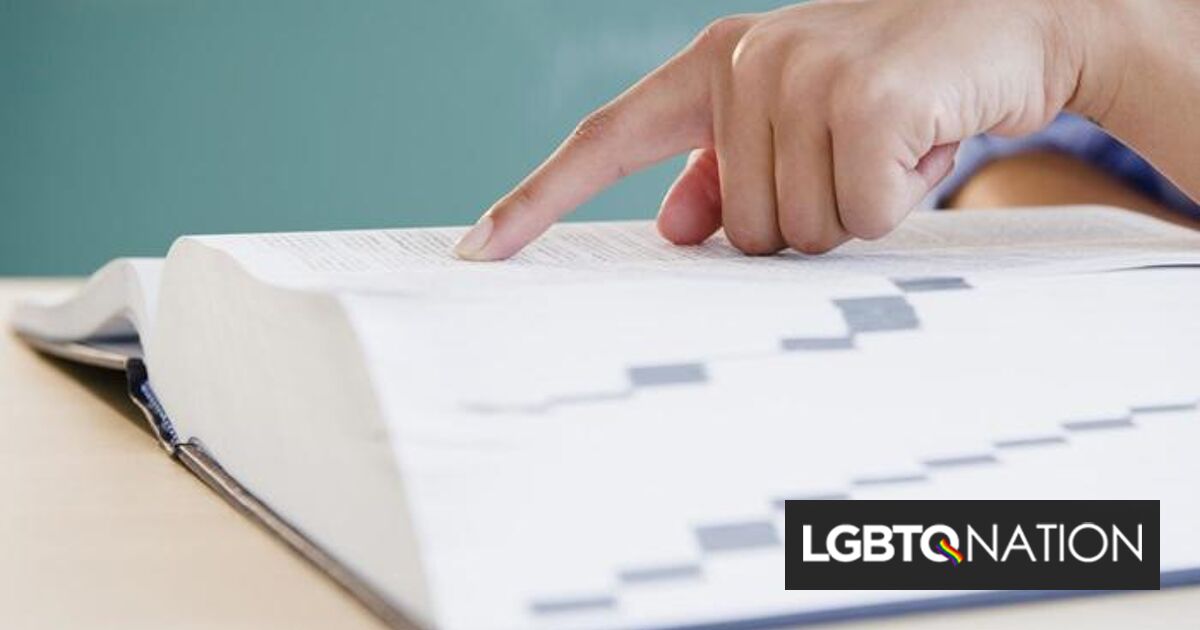
One of the best-known dictionaries in France has added an entry for the non-binary third-person pronouns iel (singular) and iels (plural) last month.
An entry for iel and iels was added to the dictionary Le Robert that says: “Third person subject personal pronoun – singular and plural – used to refer to a person of any gender.” It mentions alternative spellings ielle and ielles.
Related: What does ambisextrous mean? These 12 queer terms are in the dictionary now.
Prior to the past decade, French didn’t have gender-neutral pronouns. Il (he) and elle (she) – and their plurals – are both gendered and are also used to refer to objects where the word “it” would be used in English, since every noun in French has a grammatical gender as well.
Wiktionary has an entry for iel that says that the term was created in 2013 and it notes that the word came from LGBTQ communities. Iel is a portmanteau of il and elle.
“We looked at statistics showing that many people were looking up the word ‘iel,’ so we thought it made sense to give them an answer,” Le Robert editorial director Marie-Hélène Drivaud told the French LGBTQ magazine TETU.
When asked about other forms of iel, like the object pronoun ellui, but Drivaud said that their usage hasn’t “stabilized.”
“The intention is there, notably for other words like ‘celleux’ [for demonstrative pronouns], but it’s still in progress and iel seemed much more frequent than the others,” she said.
Other words added by Le Robert this year focused on the pandemic, like vaccinodrome (vaccination site), antivax, and pass sanitaire (COVID passport). Last year, the dictionary added the word transphobie and updated the definitions for genre (gender) and transition.
Other major French dictionaries like LaRousse and the Dictionary of l’Académie française not yet added iel.
No comments:
Post a Comment